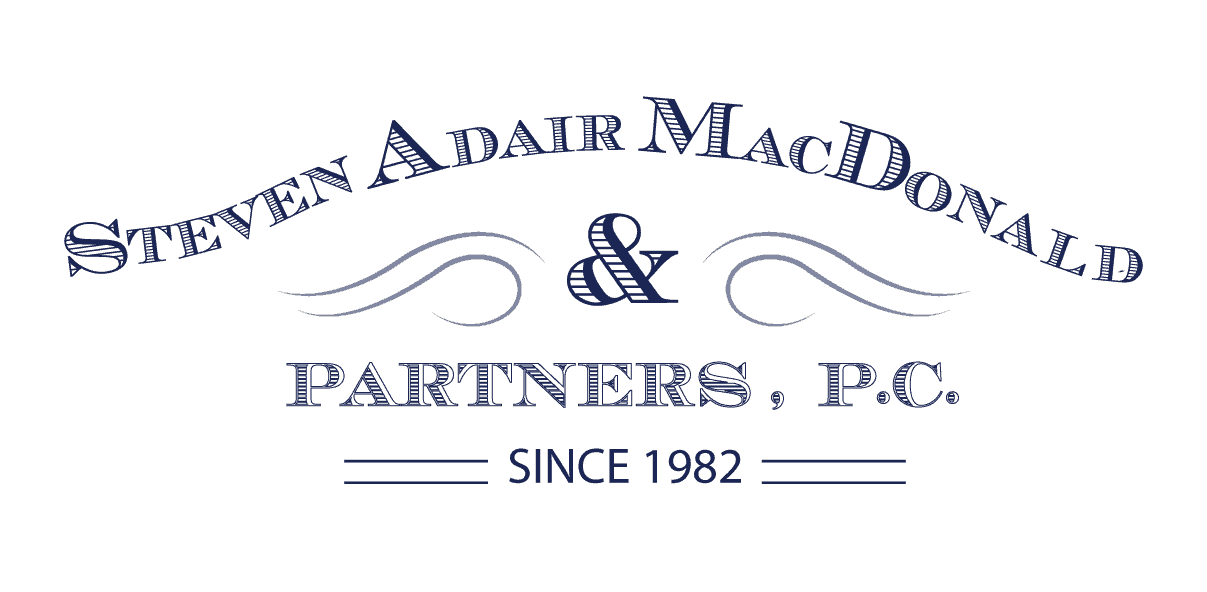
The Benefits of Having a Tenant Lawyer on Your Side…

The California State Assembly did not extend the statewide eviction moratorium. With the end of the statewide eviction ban, federal rent assistance funds are channelling through counties and local communities. So what do San Francisco landlords and tenants need to understand now that the statewide eviction protections have ended? More than ever, landlords and tenants must understand the eviction laws and protections going forward.
The deadline for paying back rent owed is March, 2022. For this this reason, it’s important for tenants and landlords to take action now to avoid evictions down the road. With the end of the statewide eviction ban, the rules and application processes for rent relief vary depending on location. This is because each city and county is allocating the federal emergency funds in different ways.
The City of San Francisco has had its own rent relief program which is now merging with the state. This means tenant protections will now fall under state rules. However, San Francisco’s existing “just cause eviction” requirements for evictions still apply.
For those in Marin County, the Marin County Rental Assistance Program may able to help qualifying tenants. If approved, an applicant may receive future rent, for 3 months at a time, for up to 18 months.
As of October 1, 2021, tenants are required to pay full rent or risk eviction. With the end of the statewide eviction ban, a landlord can serve 3 Day Notice to pay rent or leave the rental. If the 3 Day Notice expires, and the tenant has not paid, the landlord can file an eviction, or Unlawful Detainer, in court.
While the court process may give a tenant more time to pay the overdue rent, it also may cause the tenant to incur additional fees. For this reason, it may be wise for a tenant to consider contacting the landlord to request an extension. Evictions can be time-consuming and costly, so it may be in everyone’s best interest to work together on a solution. This is especially true if a tenant can provide an accurate time estimate or payment schedule to the landlord. With the end of the statewide eviction ban, cooperating together in a reasonable manner may give the tenant more time to pay the amount owed while allowing a tenant to remain in the rental unit.
On the other hand, if a tenant has no intention of paying the rent back, the best option may be to leave the unit. An eviction order can stay on the tenant’s record for up to ten years. This negative history can make it difficult to find other rental housing.
If a tenant has paid at least 25% of their rent between Sept. 1, 2020 and Sept. 30, 2021, state law protects tenants from eviction. Additionally, landlords cannot evict tenants over unpaid rent owed between March 1, 2020, and Aug. 31, 2020 — as long as the tenant responds to a 15-day eviction notice with a signed declaration of financial distress due to Covid-19.
It’s important to remember that this does not mean the unpaid rent has been forgiven or cancelled. As of November 1st, the landlord may still sue in small claims court the full rent that was due between March 2020 and September 2021.
Nonetheless, if a tenant applies and receives approval for rent relief, the tenant may use that as a defense in small claims court. If the application is pending, the tenant may still use this as a defense.
If the tenant’s application is denied, the landlord may be able to go to small claims court to collect the debt. Although the tenant will not be evicted, there may be a judgment for the unpaid rent.
As of October 1, 2021, evictions for reasons other than unpaid rent may proceed subject to the San Francisco’s Rent Ordinance, unless the moratorium is extended.
When it comes to applying for financial aid, the best bet is for both landlords and renters to apply. They may apply for rental assistance at housingiskey.com.
Tenants who earn below 80% of HUD’s Area Median Income (AMI) may qualify for rent relief. In addition, they must state, under penalty of perjury, that they have been financially impacted by the Covid-19 pandemic. They also must provide one of the following:
To be eligible in San Francisco, the maximum income limits are:
Landlords may qualify for aid for the periods they did not receive rent. To apply, they must provide all of the following documents:
It can take about 30 days after submitting an application to receive payment. However, this can vary for number of reasons. In San Francisco, the merger with the state program may cause some delays in order to avoid potentially paying someone twice. To prevent slowing down the process, it’s also important to make sure all documentation is complete.
With the end of the statewide eviction ban, evictions will be more complex and time-consuming than prior to the pandemic. For this reason, landlords should use caution and they seek legal advice of a qualified landlord-tenant attorney before asking a tenant to move or starting eviction proceedings. If a landlord attempts to evict a tenant unlawfully, it could result in substantial liability.
As San Francisco’s trusted landlord-tenant attorneys, Steven Adair MacDonald & Partners is helping landlords and tenants navigate evolving housing laws. To schedule a consultation with one of our attorneys, please call 415-991-6078.
There are two sides to every story —
let yours be heard.
Steven Adair MacDonald & Partners, PC
870 Market Street
Suite 500
San Francisco, California 94102
United States
(415) 956-8698
Copyright © 2024 Steven Adair MacDonald & Partners, PC - All Rights Reserved. | Powered by Advantage Attorney Marketing & Cloud Solutions